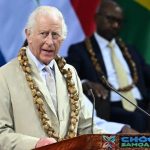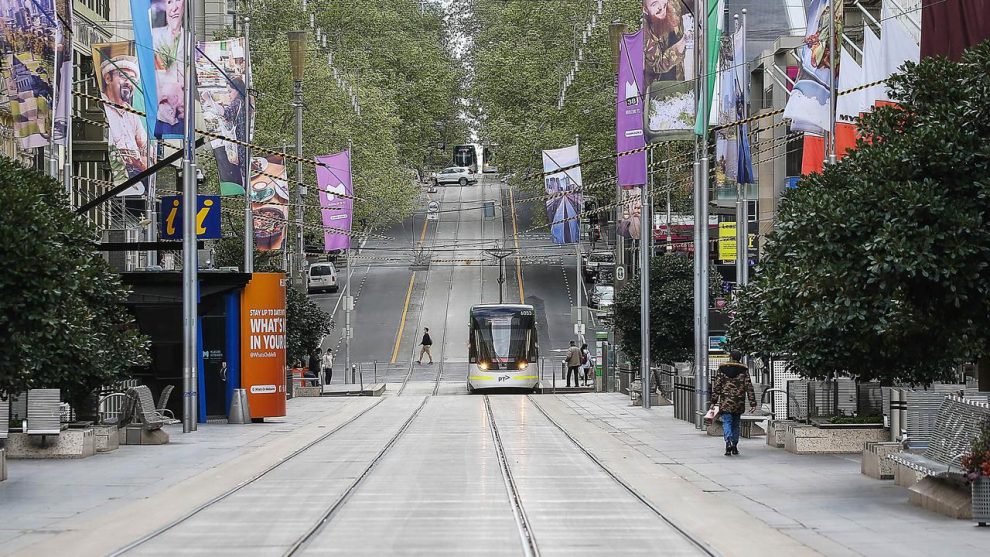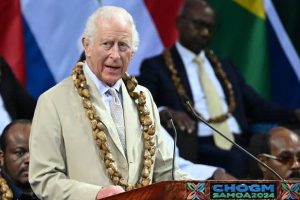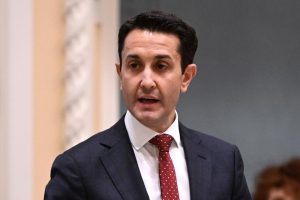Victorian Premier Daniel Andrews will reveal tomorrow what restrictions would be eased in Victoria when case numbers reach particular thresholds over the coming weeks.
Victoria recorded 76 new locally acquired COVID-19 cases overnight.
Contact tracers have linked 45 of the new cases to existing outbreaks, and 36 of the new cases were in isolation for the whole of their infectious period.
Mr Andrews said health officials and senior politicians would finalise plans today for the potential easing of the state’s lockdown.
“Tomorrow, I will stand here and we will explain what the thresholds are. The low number that we can cope with, the low number that we can live with and the easing that we will be able to do over time, over coming weeks,” he said.
There are now 52 people in hospital, of which 16 are in intensive care and 15 are on a ventilator.
Mr Andrews said the median age of people hospitalised with the virus was 49, and half of those in intensive care were aged in their forties.
The state processed 50,848 test results on Monday, when 32,162 vaccine doses were delivered at state-run sites.
There are more than 1,000 exposure sites across Victoria, with a construction site at Fishermans Bend and several apartment buildings in Melbourne among recent additions.
A 7-Eleven store and legal firm at Rosebud on the Mornington Peninsula have also been recently added as exposure sites.
On Monday, Chief Health Officer Brett Sutton said the state’s outbreak was showing signs of stability, but Victoria remained in a “very challenging” position.
He said the state would continue to follow an aggressive suppression strategy to try to drive the outbreak down to zero, “but not with some absurd hope if numbers continue to increase despite everything that you’re doing”.
Professor Sutton hinted that some easing of restrictions could be possible in regional Victoria, as the Shepparton outbreak came under control and there were promising signs an outbreak in Traralgon may not eventuate.
Around 76 per cent of the state’s 805 active cases are under 40, which Professor Sutton said was evidence that vaccination of older cohorts was making a difference.
Everyone aged 16 to 59 is now eligible to receive a Pfizer vaccine through both state-run centres and participating GPs.
Health Minister Martin Foley announced yesterday pharmacies were also joining the Pfizer rollout.
But the government clarified on Monday evening pharmacies were not offering Pfizer and were instead likely to begin receiving Moderna supplies by mid-September.
















